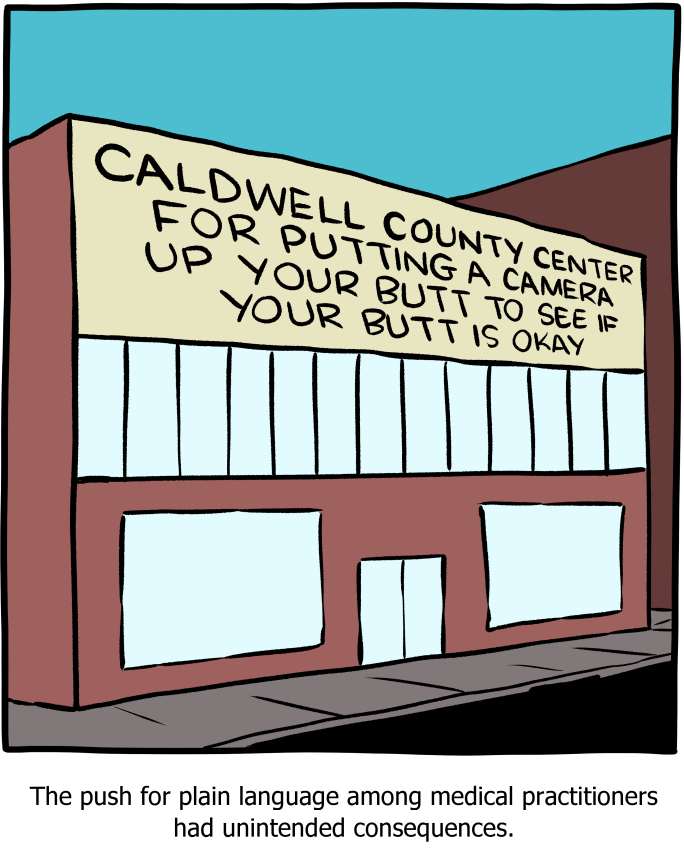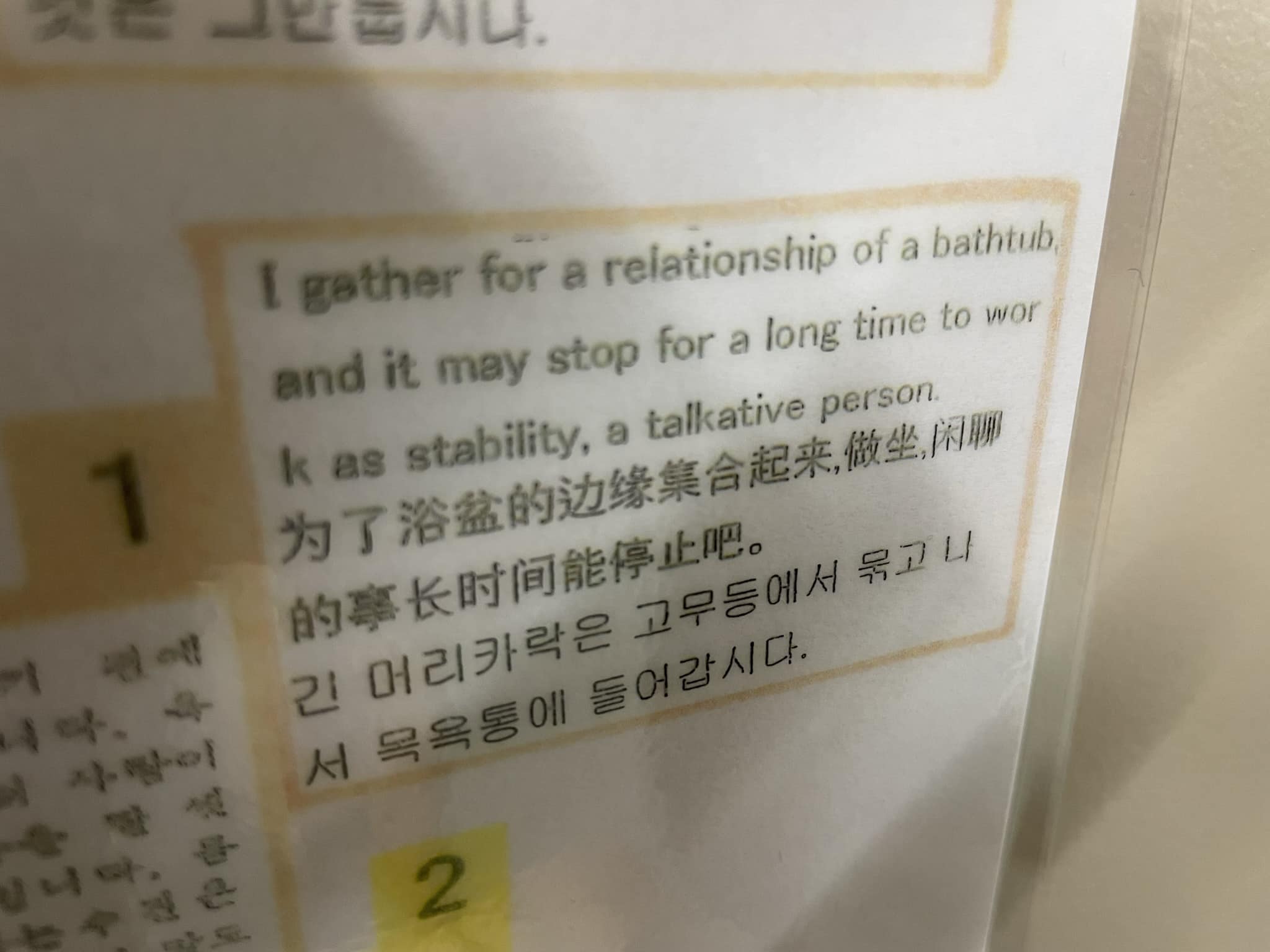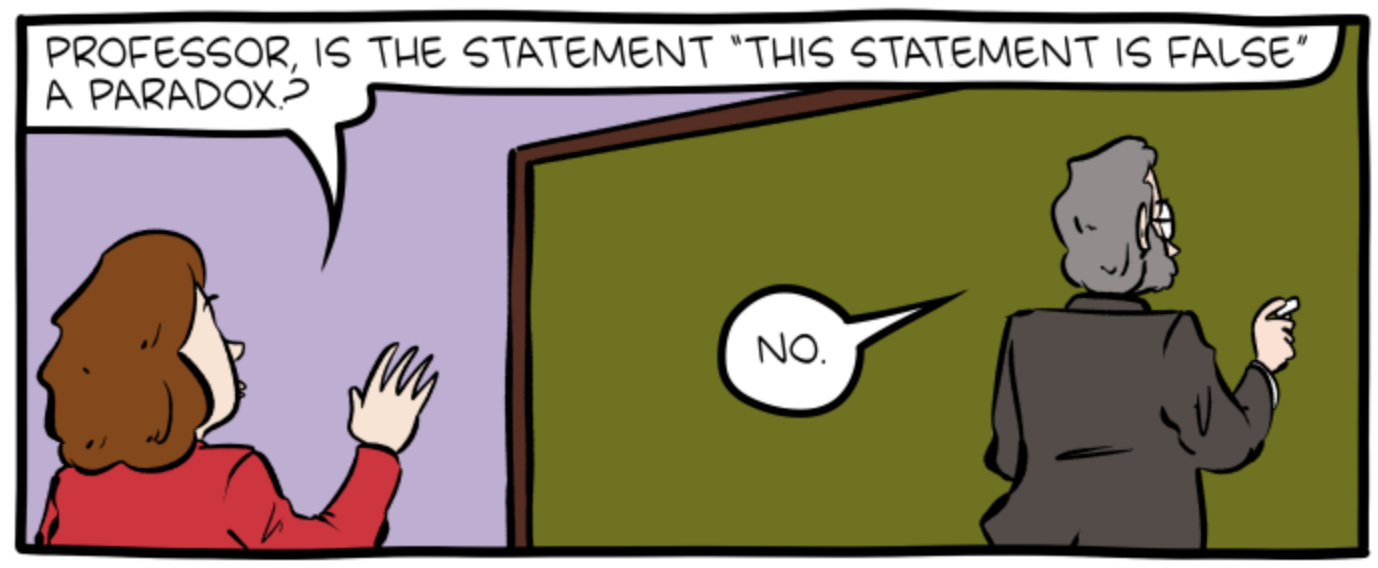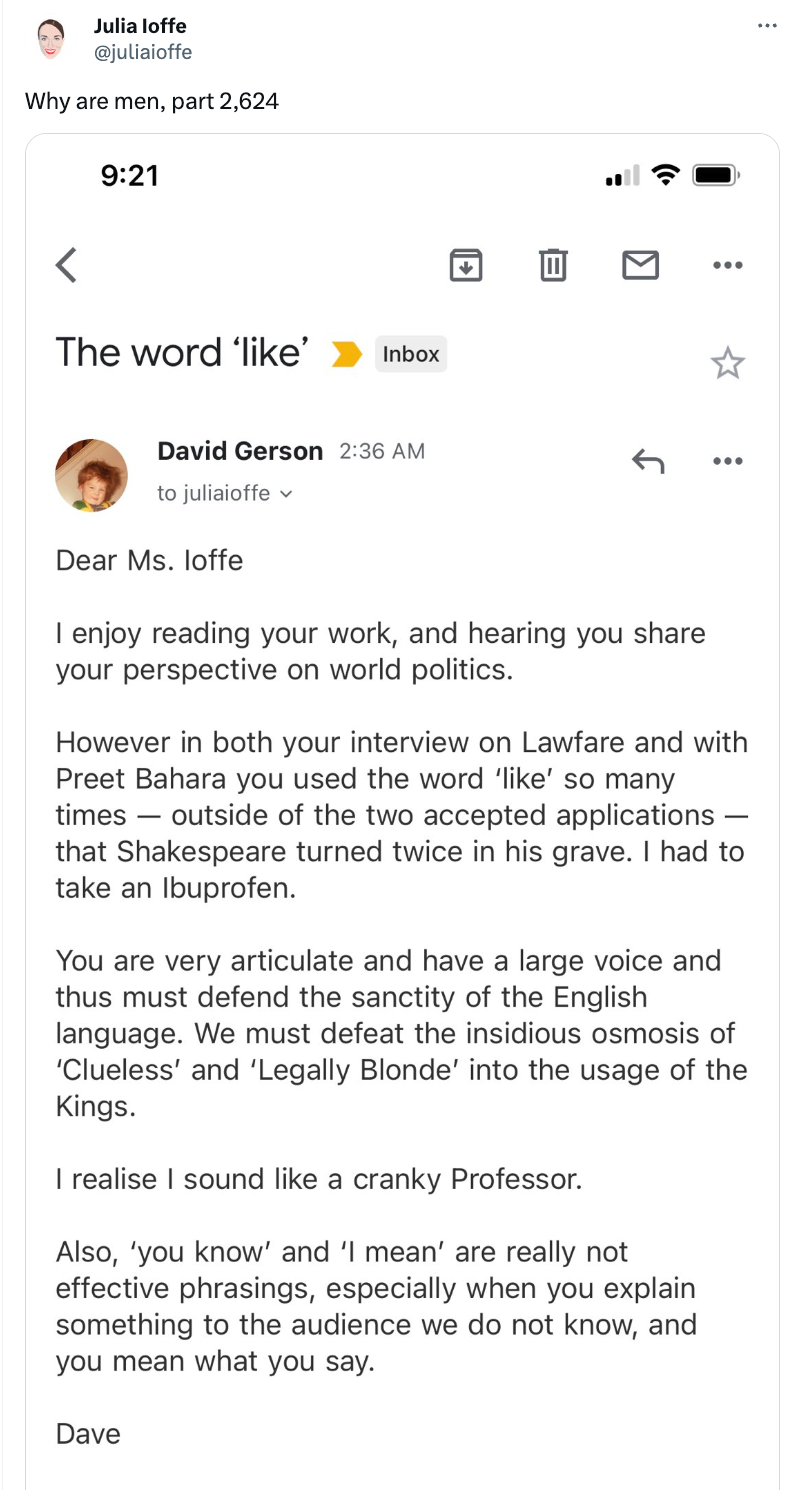Mutilating French, but not too badly
When I was writing "Mutilating Hangeul: visual puns as a parallel orthography" (10/8/22), I thought of including a reference to Pig Latin, but it is so mild in comparison to Yaminjeongeum that I decided to leave it out. French Verlan lies somewhere between the two in the degree with which it deforms the original language on which it is based.
Verlan (French pronunciation: [vɛʁlɑ̃]) is a type of argot in the French language, featuring inversion of syllables in a word, and is common in slang and youth language. It rests on a long French tradition of transposing syllables of individual words to create slang words. The word verlan itself is an example of verlan (making it an autological word). It is derived from inverting the sounds of the syllables in l'envers ([lɑ̃vɛʁ], "the inverse", frequently used in the sense of "back-to-front").
(source)
Read the rest of this entry »






